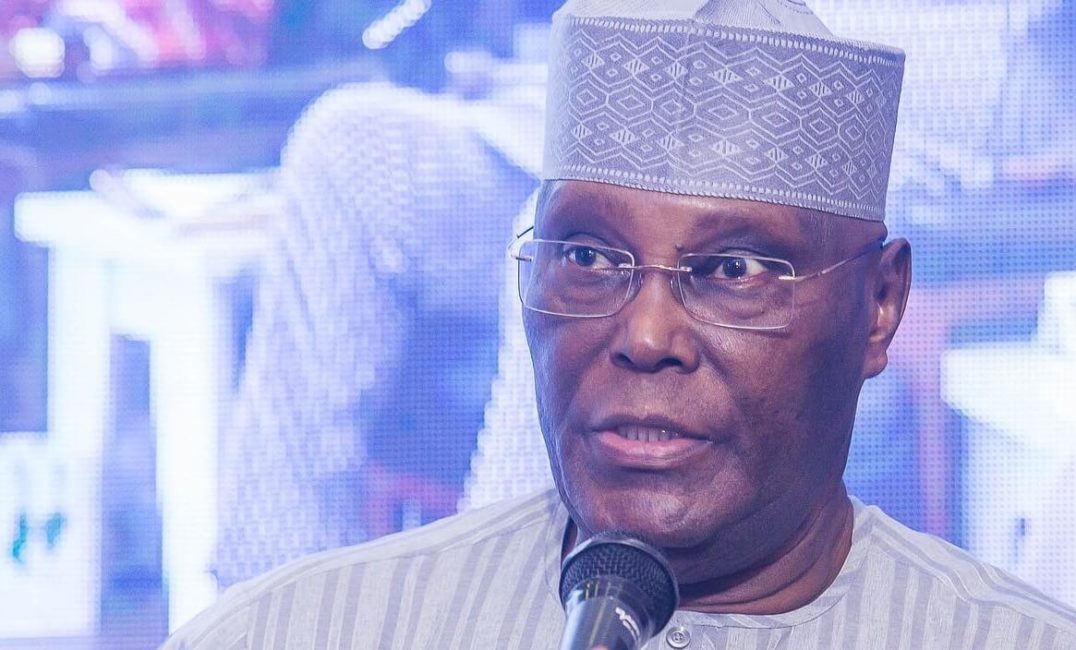Atiku: Startups Should Expect ‘Disruptive Economic Agenda’ Under My Watch
Atiku Abubakar, the Peoples Democratic Party (PDP) presidential candidate, has hinted at some of his plans for the startup ecosystem if elected president in 2023.
Atiku said part of his national development plan is to “enthrone a disruptive economic agenda” that will spur growth in the E-commerce, IT manufacturing, and outsourcing sectors as well as encourage economic growth and diversification in the country.
Advertisement
The former vice president stated this while calling on President Muhammadu Buhari to sign the Nigeria Startup Bill that was passed in July by both chambers of the National Assembly.
“The Nigerian start-up space is one of the largest in Africa, and Nigeria has become a key destination on our continent for Tech talent, with the ICT sub-sector contributing approximately 18.44% of Nigeria’s GDP as of the end of Q2 in 2022,” Atiku said in a series of tweets on Monday.
“My administration intends to enthrone a disruptive economic agenda that will position ICT at the forefront of our policy development strategy and ensure that digital technologies and innovations in ICT, and IT-enabled products and services, are given an enabling environment to drive and help build our new digital economy notably in areas such as E-commerce, IT manufacturing, ICT enabled outsourcing, the broader start-up ecosystem and other emerging technologies.
“My administration will ensure that the gap is bridged between established/Start-up Tech companies and the nation’s regulators to provide a thriving tech ecosystem that enhances competitiveness, innovation and job growth for our growing youth population,” he said.
Advertisement
He believes that his proposal to transition to an E-government system to reduce expenditure costs, improve workflow management and service delivery will “provide opportunities for the ICT industry to innovate and develop solutions for government digital services as we build a new and enhanced futuristic economy.”
Atiku as vice president from 1999 and 2007 was Chairman of the National Economic Council and headed the National Council on Privatization which oversaw the sale of public enterprises that were deemed to be underperforming.
Allegations of corruption and abuse of process had trailed the privatization process with the Socio-Economic Rights and Accountability Project (SERAP) in 2017 calling on President Muhammadu Buhari to direct the Economic and Financial Crimes Commission (EFCC) and its sister agencies to investigate the allegations and prosecute anyone found culpable.



